'Empower women economically to fight domestic violence'
Police reports indicated that 341 women and girls were killed in domestic scuffles between 2015 and 2016.
VIOLENCE
In Uganda, women, children and even men are battered within the very homes they are supposed to be safe.
According to a survey done by the Uganda Demographic and Health Survey (UDHS) of 2011, 56% of women experience physical violence from the age of 15, 28% aged from 15 to 49 have experienced sexual violence compared to 9% men in the same age group and 16% experienced violence during pregnancy.
The study indicated that physical violence incidences had slightly decreased among women aged 15-49 - from 34% in 2006 to 28% in 2011.
But it was noted that the figures may still be higher given that some cases are not reported and only solved by families or local officials at village levels.
Police reports indicated that 341 women and girls were killed in domestic scuffles between 2015 and 2016. It was also indicated that in 2016, Police registered 17, 567 cases of defilement, 1, 572 of rape and 72 of incest.
Districts including Kampala, Wakiso, Mukono, Iganga, Rakai and Mbale recorded the highest cases of violence against women and girls.
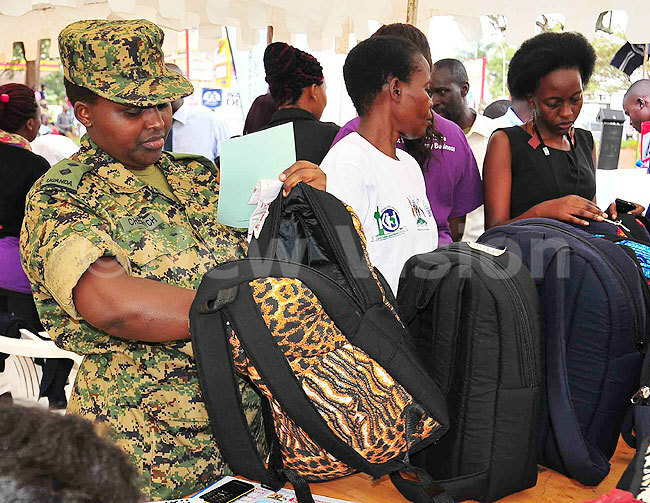
A UPDF soldier checks out a bag made by wives of UPDF officers. (Credit: Gladys Kalibbala)
Anyone can be a victim
Reports explain that domestic violence can happen to anyone in the community, regardless of being educated or not, age, sex, race or socio-economic background.
Although the majority of cases reported involve women and children, there are some men who have suffered - but they fear to report. Police explain that domestic violence is a crime and a violation of one's rights, where all human beings are born free and equal with dignity and rights.
Organisations, such as Centre for Domestic Violence Prevention (CEDOVIP) and Raising Voices have been key in fighting for the rights of many victims of gender-based violence as they work hand-in-hand with Police.
Such organisations believe that empowering women and girls is one of the ways to protect their rights.
"Denying women and girls their rights is not only wrong, but also has serious social and economic impact that holds our country back," a report indicated.
Once in a while, different organisations that fight domestic violence meet to discuss the way forward. During one such meeting, we captured views from some participants:
|
Diana Kyangungu (Social development officer - UPDF Spouses Desk - Bombo Barracks): 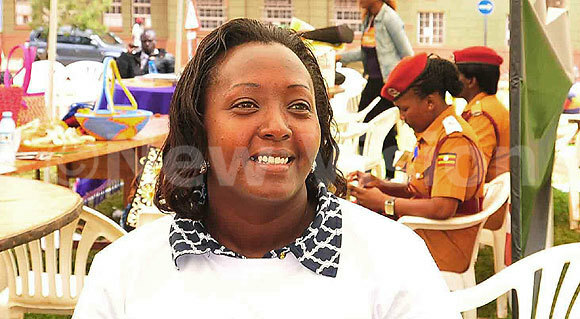
"Imagine a scenario where a UPDF soldier is sent on a peace-keeping mission and he takes long to send money to his wife. Some of these women rarely practice family planning so they have big families. Even when the money is sent in time, because the salary is not enough, gaps will still exist, causing arguments in families all the time. Stories of soldiers who kill their partners and later commit suicide have been in the media for some time. 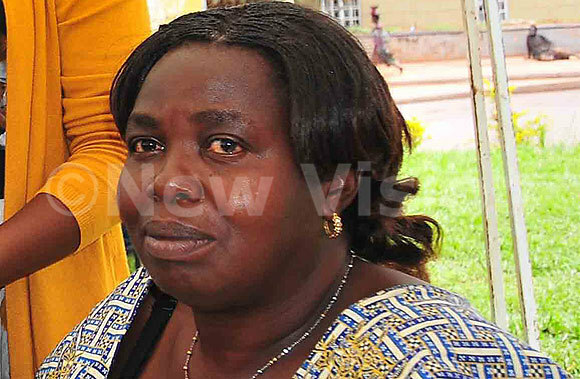
"These women make groups, where they are trained in financial literacy and later choose projects suitable for them. They are taught how to look for markets and the need to continue saving. It is very important for them to take the saving culture seriously because after this project was introduced to them, they need to make it sustainable by making profits for them to share and keep enough capital for their businesses to prosper. At least cases of domestic violence have reduced after empowering them." 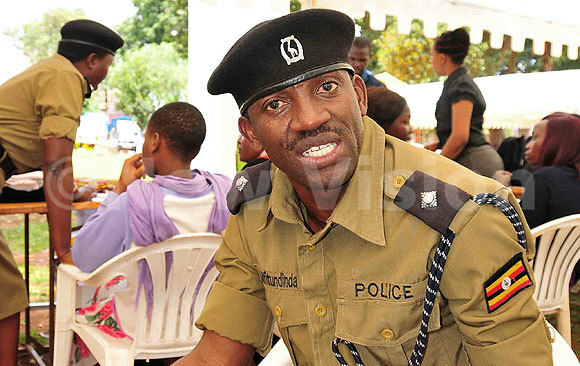
"The number of reported cases keeps growing because the community now understands their rights. Women used to think it was normal for their husbands to kick and slap them because of failure to provide warm water for bathing. Today, when you do it, before she reports to Police, her neighbour would already have informed the responsible authorities. Step-mothers also ought to stop mistreating their step-children while men should appreciate the heavy work their women engage in at home as this can help in reducing domestic violence." 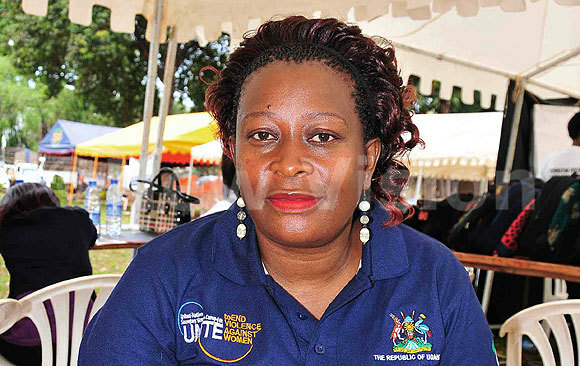
"Sexual assault where defilement and rape occur is rampant in the country, but in some cases, our communities don't know what to do when it happen. This is a crime (sexual assault) which can happen to anyone but it does not have to result in HIV infection - that is when Post-Exposure Prophylaxis (PEP) for HIV should be given within 72 hrs. 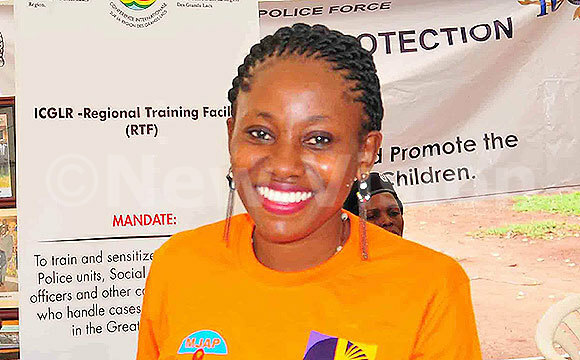
"Victims should report for emergency services before tampering with evidence (don't bath or change clothes). Perpetrators of sexual violence need to be reported to Police immediately with evidence of items like clothes worn during the attack for samples. Such attacks brings trauma to the victims who will require counselling, psychosocial and spiritual support services which we provide. In this case it's not wise to blame rape victims for the violence perpetrated against them as this only makes them feel bad. Don't wait to throw away the baby because it was a result of a rape as the emergency contraceptive can rescue you." 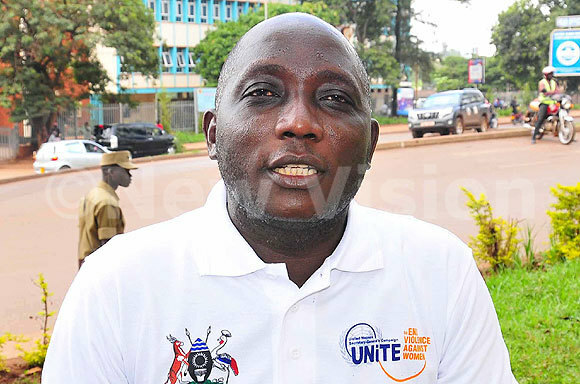
"We have a Children Protection Committee in Banda, but being a slum area we are faced with many challenges of domestic violence always associated with many people. In such places majority are women engaged in different jobs and men tend to have more than one and abandon their families. In fact some men think they help their families by giving them food and other necessities especially when they are in a new relationship. As committee members we counsel the community and sensitize them about their rights. Failure to care for their families, we hand them over to probation office though in most cases talking to them helps families more than sending them to prison."
|